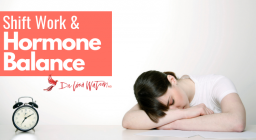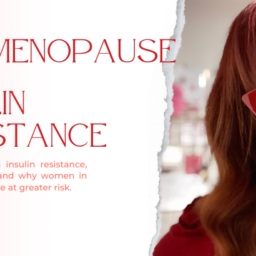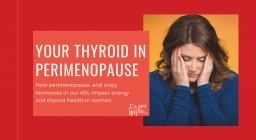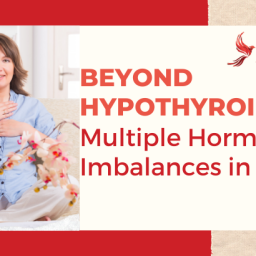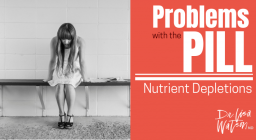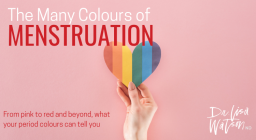
While most of us think of a “normal” cycle being 28 days, the average monthly cycle, the time from the start of one period to the start of the next, is between 24 and 35 days. So for some normal women, this means that they may have a period every 24 days – and it is still totally normal.
But what does it mean? And is a shorter menstrual cycle always normal? Or can it be an indication of something more.
A Quick Refresher on Menstrual Cycles
Your monthly cycle is composed of two parts:
- The follicular phase – the first half of the cycle, including your period, when the egg is developing within a follicle. The dominant hormone of this phase is estrogen, which causes the lining of your uterus to thicken.
- The luteal phase – the second half of the cycle, which ends with your next period. This phase occurs after ovulation happens at the midpoint of the cycle. The dominant hormone is progesterone, which enriches the lining of the uterus, preparing it for a potential pregnancy. When progesterone levels drop, your period starts.
Causes of Short Cycles
As with most issues with our periods, the main cause of short cycles is your hormones. In particular the timing of your ovulation and your progesterone levels.
Because your period comes when progesterone levels drop, a shorter cycle is often due to inadequate production of progesterone – common in early ovulation, no ovulation, and during our teens and perimenopause.
Other causes of short period cycles include:
- Hyperthyroidism – an overactive thyroid can lead to period cycles that are shorter than expected, as well as lighter periods
- Stress – the hormone imbalance no one thinks of as a hormone imbalance, stress can cause your period to come early, late, or not at all!
- Hormonal birth control and IUDs – shorter cycles are a common consequence of taking low dose birth control pills, and hormonal IUDs. For most women these changes smooth out after a few months of use.
- Pregnancy – now, this isn’t actually a period, but implantation bleeding or pregnancy can lead to bleeding that seems like a period but occurs earlier than expected.
- Breastfeeding – the hormones associated with breastfeeding, especially prolactin, can lower the body’s production of progesterone, and that can lead to shorter period cycles, and lighter periods.
For most women a shorter menstrual cycle is normal. For the rest, it is most likely the result of a hormone imbalance. Either way, start by tracking your menstrual cycles with a simple app on your smart phone. Then speak to a Naturopathic Doctor or hormone expert to help you to understand what is going on, and whether or not you need to work on bringing your hormones into balance.
Disclaimer
The advice provided in this article is for informational purposes only. It is meant to augment and not replace consultation with a licensed health care provider. Consultation with a Naturopathic Doctor or other primary care provider is recommended for anyone suffering from a health problem.


